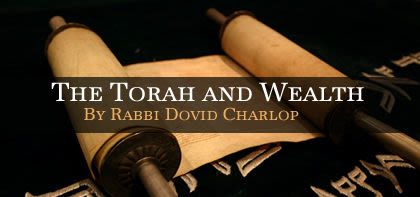
Zot HaBracha: The Torah and Wealth
The Torah's attitude towards wealth is based on how I relate to what I have, completely independent of the anyone else in the world...

Parshat V'Zot Habracha
In the last remaining hours of his life, Moses wanted to invoke Divine bounty for the Jewish people. To this end, he blessed each tribe according to their unique talents and abilities. However, in order to truly appreciate the blessings they were receiving, each tribe needed to value and accept what was being directed to them. In a fascinating piece in the Talmud we are told about one specific tribe that remained bitter about what they were slated to receive. Our purpose here is not to second guess any of these great people by speculating what was the nature of their complaint. What is relevant is the question, how do we accept the unique gifts, talents, and challenges that have been apportioned to us? We all know the difficulties of truly accepting what we have and who we are. Is there a key for developing this quality?
A second question concerning the entire Parsha is the entire nature of blessings. In Moses' final speech, many of the tribes were told what their portion in the land of Israel would be as well as specifics concerning their unique individual qualities. Why is understanding one's talents and identifying one's section of Israel  called a bracha – blessing? Don't we usually attribute blessings to well wishes and hopes for success?
called a bracha – blessing? Don't we usually attribute blessings to well wishes and hopes for success?
These ideas are particularly relevant as we finish another cycle of the Torah. The more we understand these issues, the greater is our ability to feel thankful for what we have received in the previous year and to openly welcome the gifts for the upcoming year.
The Maharal provides us with a powerful insight how we should view the gifts in our lives. The Mishnah in Ethics of the Fathers states "who is wealthy? someone who is joyful in his lot". This wonderful attitude towards life provides an inspiring message, yet at closer examination, how many of us really believe it? If we were to ask the average person on the street 'who is wealthy?' the answer would probably be Warren Buffet, Bill Gates, etc. Most of us would have a hard time responding "wealthy? oh, for sure Sam who has a broken down Chevy, has a hard time paying his bills, and hasn't gone out to eat in months, but he always has a smile on his face". Happy? yes, but wealthy?
Why is a billionaire rich? (Sounds like a trick question, right?) The reason is because you and I don't have a billion dollars. That is to say, the reason Buffet, Gates, etc. and the billionaires club are rich is only in comparison to us. If we all had billions of dollars then they wouldn't be considered rich. To emphasize the point, let's say billionaire X is flying by himself in his private jet with all of his money. He crashes on a desert island and, for whatever reason, can't be located. How rich is he? He's not rich anymore because there's no one to compare him to. This is the world of Esau, it is the Western world we live in. Someone is wealthy (honored, strong, etc.) because of how he compares to others.
The Torah's attitude towards wealth is based on how I relate to what I have, completely independent of the anyone else in the world. Am I deeply thankful for everything that has been apportioned to me? Is there an understanding that everyone else's personal endowment is irrelevant to me? If Sam ended up on the desert island, would he be considered rich? Absolutely, since his wealth is only in relationship to himself. He would know that whatever he has on the desert island is also just what he needs for his situation at that time. As opposed to Esau's world view, this is Jacob's legacy to his children, the knowledge that each of the twelve tribes has a completely different mission and, accordingly, completely different talents and abilities to fulfill this mission.
This is what Moses wanted to impress upon the Jewish people. True wealth is dependent on the fulfillment of our unique gifts and lot in life. Even our portion of land in Israel is Divinely ordained to help us realize and perform our special mission in this world.
The lesson for us is that we shouldn't and can't compare ourselves to anyone else in the world since ultimately the gift of our talents and abilities has nothing to do with anyone except ourselves. This clarity itself is the greatest blessing Moses could have provided. In a world of so much confusion one of the greatest traps we fall into is the overwhelming tendency to compare ourselves to others. We know too well the many negative outcomes of such a destructive attitude.
If we look back over the past year we will see so many gifts that were personally addressed to each one of us. Knowing that our Divine destiny is completely different than anyone else on the planet should make us feel privileged and unique. May we see and feel the loving hand of Hashem giving us the exact abilities and situations we need for this upcoming year.


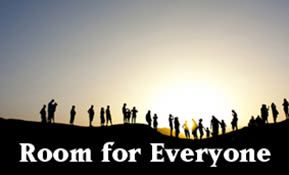
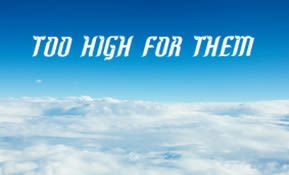
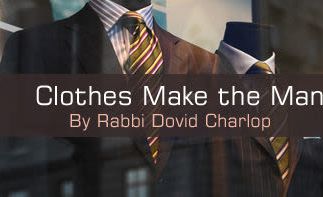

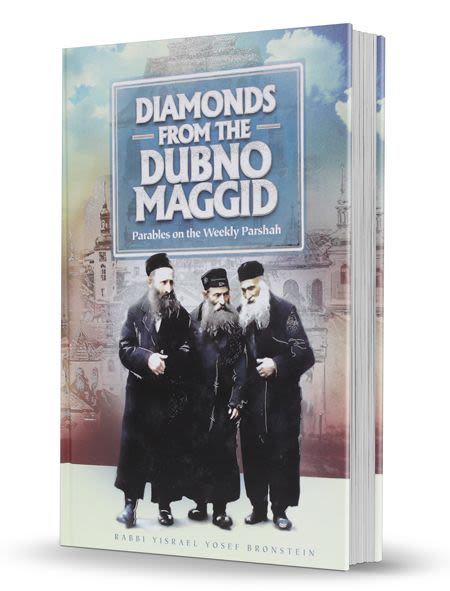
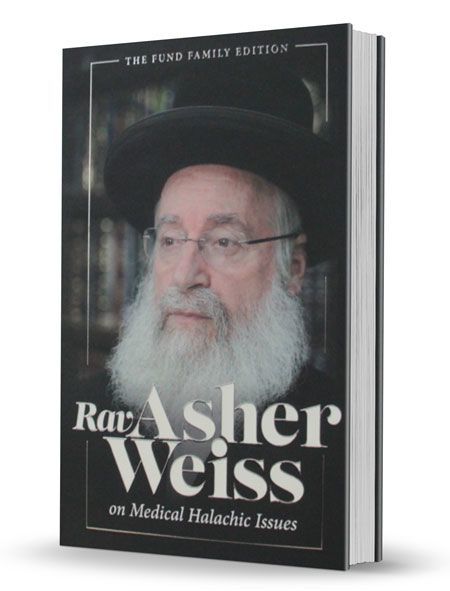
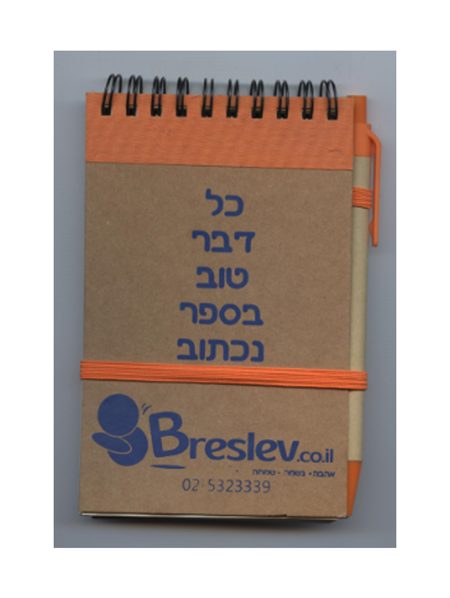
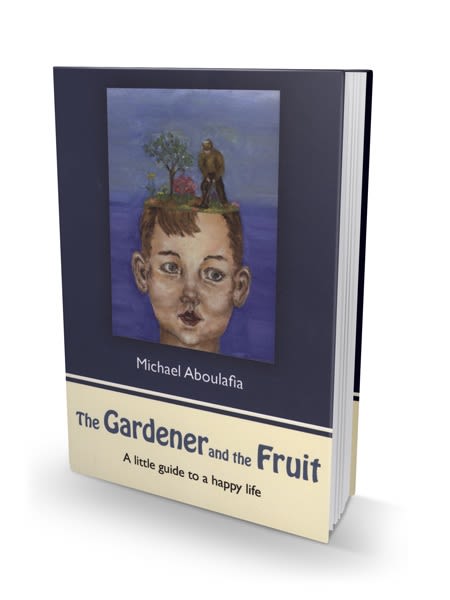
Tell us what you think!
Thank you for your comment!
It will be published after approval by the Editor.